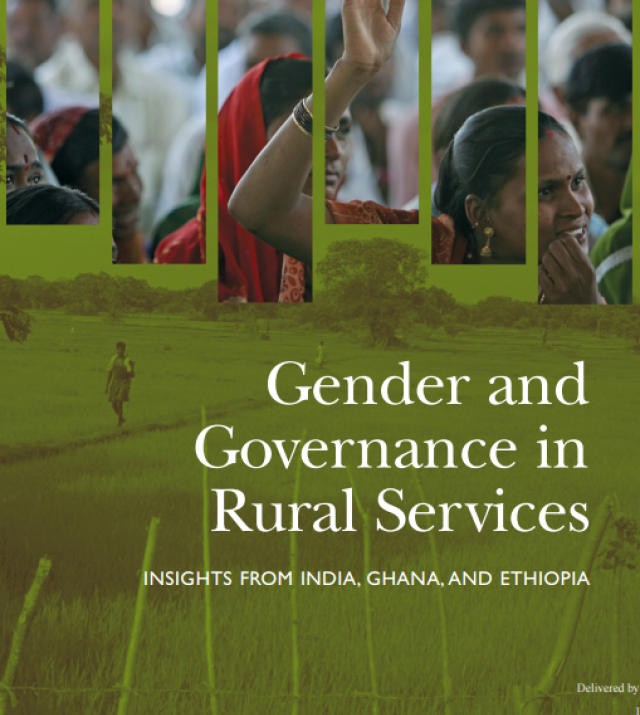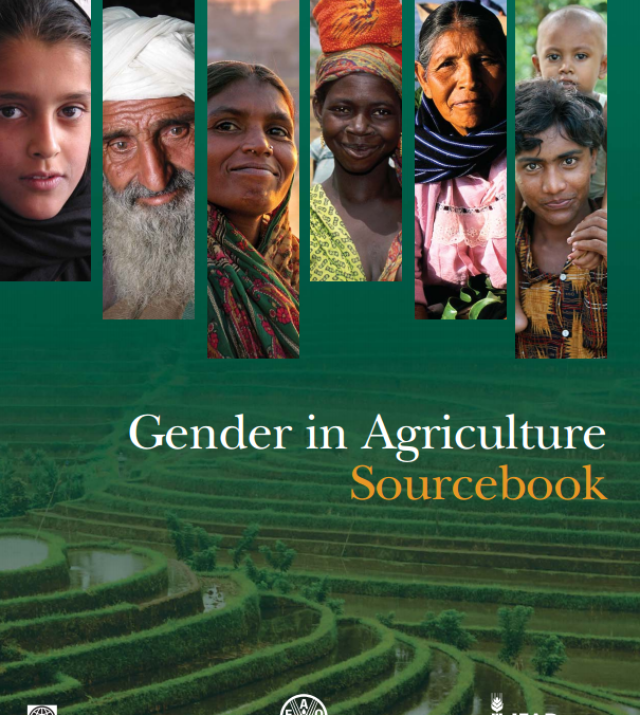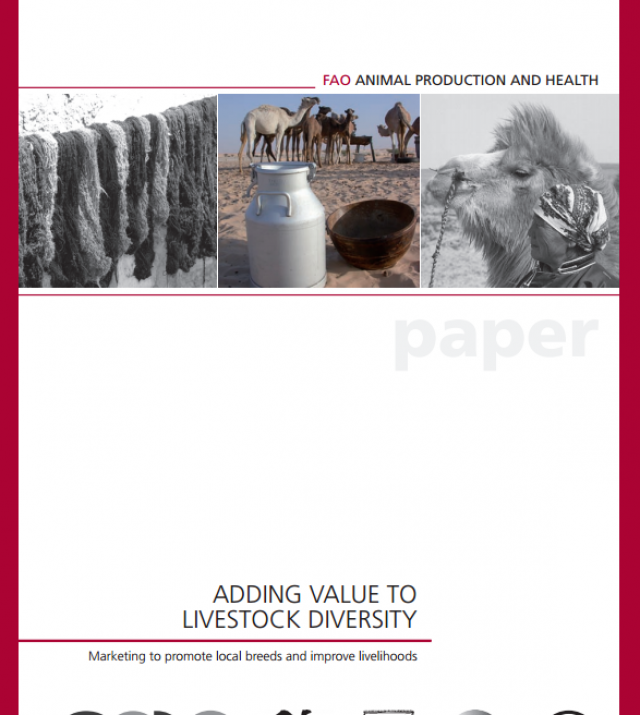
Participatory Rural Appraisal (PRA) Report

RUDEP is a 10-year poverty reduction and rural development initiative funded by the Australian and Vietnamese Governments that aims to generate income for poor households in Quang Ngai Province in Vietnam. Participatory planning processes (PPP) are a foundation for implementing RUDEP activities and involve the active participation of poor households. Ultimately, PPP activities implemented by RUDEP identify problems faced by poor rural households and involve these households in developing and implementing activities to overcome these problems.
Participatory rural appraisal (PRA) exercises are considered an important PPP tool that encourages households to identify, plan, implement and evaluate activities. Competency profile assessments of RUDEP staff identified PRA as being an important skill that staff, particularly DDOs, should possess and would improve the ability to service the needs of households and facilitate PPP. Consequently, training on PRA was undertaken and included facilitation skills, conducting different exercises and analysing results.
This report details the analysis of the results of the following PRA exercises:
- Historical timeline analysis
- Village mapping exercises
- Transect walks
- Seasonal calendars
- Matrix scoring and ranking exercises
- Linkage diagrams
- Wealth ranking
- Venn diagrams
- Focus group discussions
The main findings, comparisons between different Communes and the implications of the results to RUDEP are highlighted. The analysed PRA results were importantly fed back to households while conducting RUDEP’s Village Planning Meetings. PRA exercises will continue to be used by RUDEP as a planning, monitoring and evaluation tool to support PPP.

